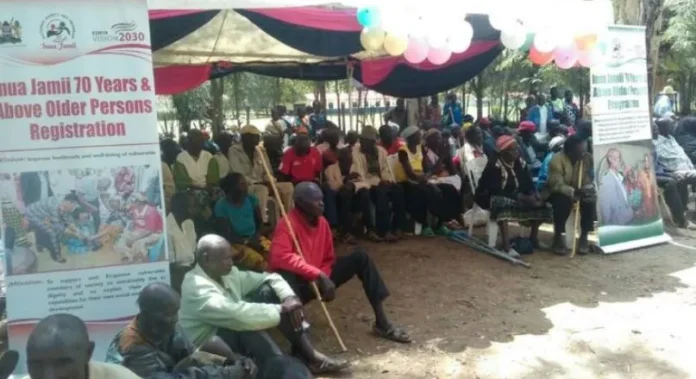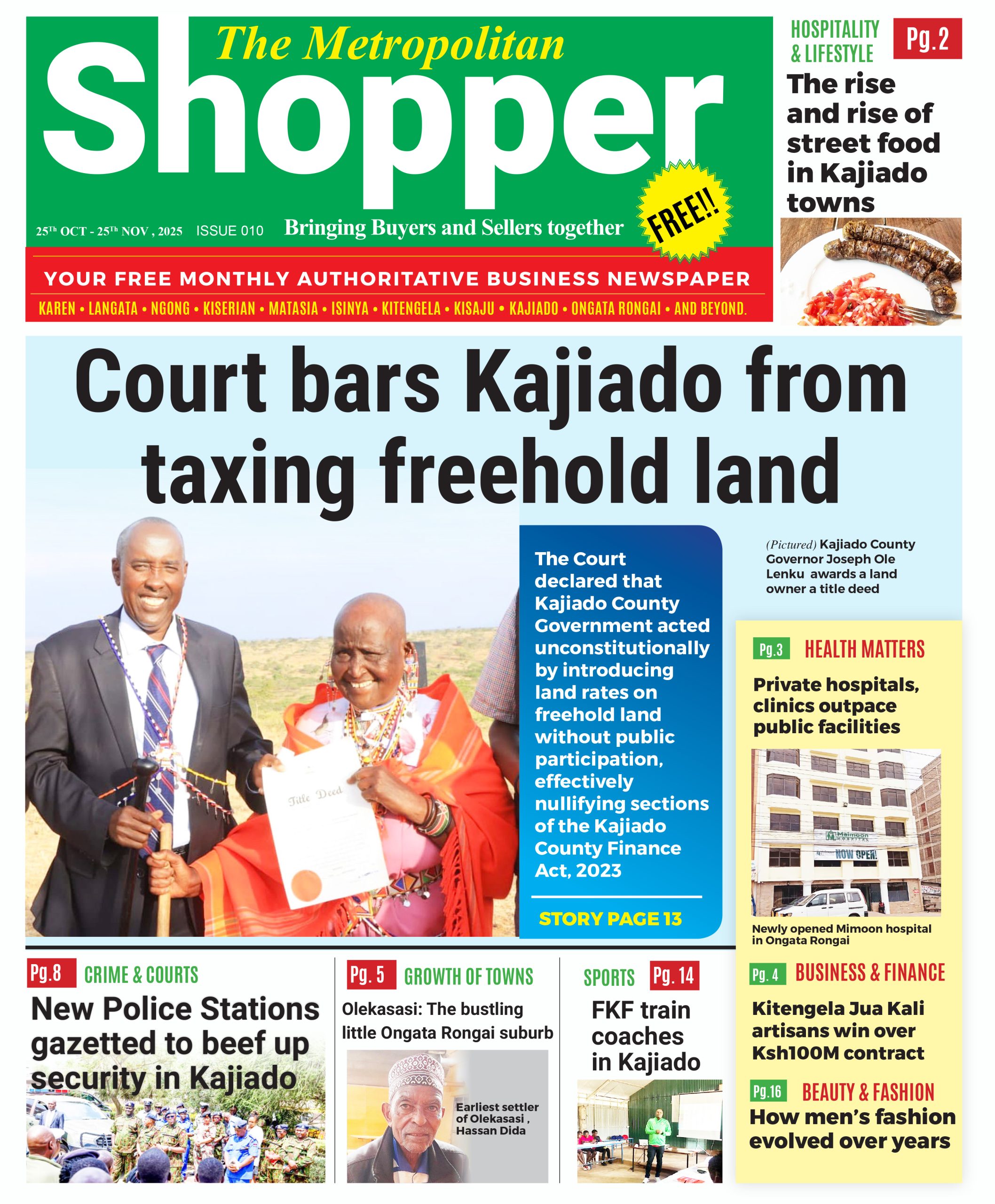More than 20,000 vulnerable residents in Kajiado County are receiving financial support under the government’s Inua Jamii Cash Transfer Programme, with a total of Sh41.2 million disbursed for the September 2025 payment cycle. The funds are helping older persons, orphans and vulnerable children, and persons with severe disabilities meet basic household needs and improve their quality of life.
According to Jimmy Njau Kamangi, County Coordinator of Social Development Services, the programme currently supports 13,520 older persons, 6,241 OVCs, and 888 persons with severe disabilities in Kajiado. He confirmed that all beneficiaries had received payments up to August, and the September disbursements are ongoing.
Kamangi acknowledged several operational challenges, including poor mobile network coverage in remote areas and low literacy levels among some recipients, which hinder access to funds via mobile money platforms. He also noted cases of exploitation, where young people had swindled money from caregivers. “We have replaced those individuals, and we’re working with local administrators to ensure the funds reach the intended beneficiaries,” he said.
ALSO READ:
New maternity theater boosts maternal health services in Kajiado
Beneficiaries in Kajiado have welcomed the support, saying the monthly stipends have eased financial pressure and improved household stability. Grace Naanyu, a caregiver from Kajiado East who looks after two orphaned children, described the programme as life-changing. “Before the programme, I struggled to provide even one meal a day. Now, I can buy food and soap and even save a little for emergencies. The children are also back in school because I can afford uniforms and books,” she said.
Nationally, the government has disbursed Sh2.4 billion to 1,212,670 beneficiaries across the country, each receiving Sh2,000. Payments began on October 6, 2025, according to a dispatch from the State Department for Social Protection and Senior Citizen Affairs.
The Inua Jamii Programme, launched in 2012, is a flagship initiative under Kenya’s social protection framework. It has grown significantly over the years and now supports more than 1.76 million vulnerable individuals nationwide.
Plans are underway to introduce financial literacy training to help beneficiaries manage their stipends and avoid exploitation.
By Masaki Enock




